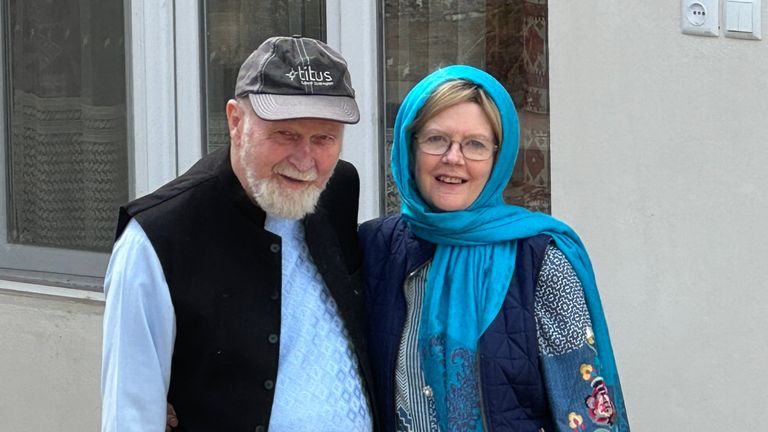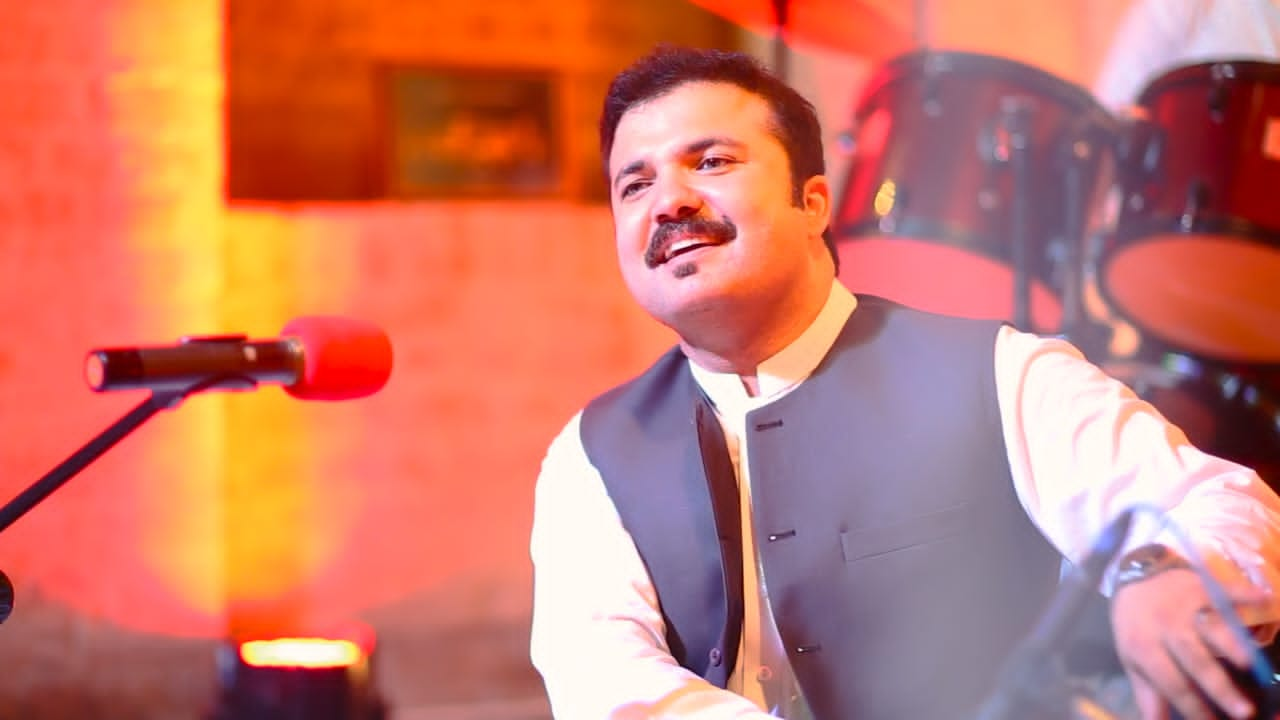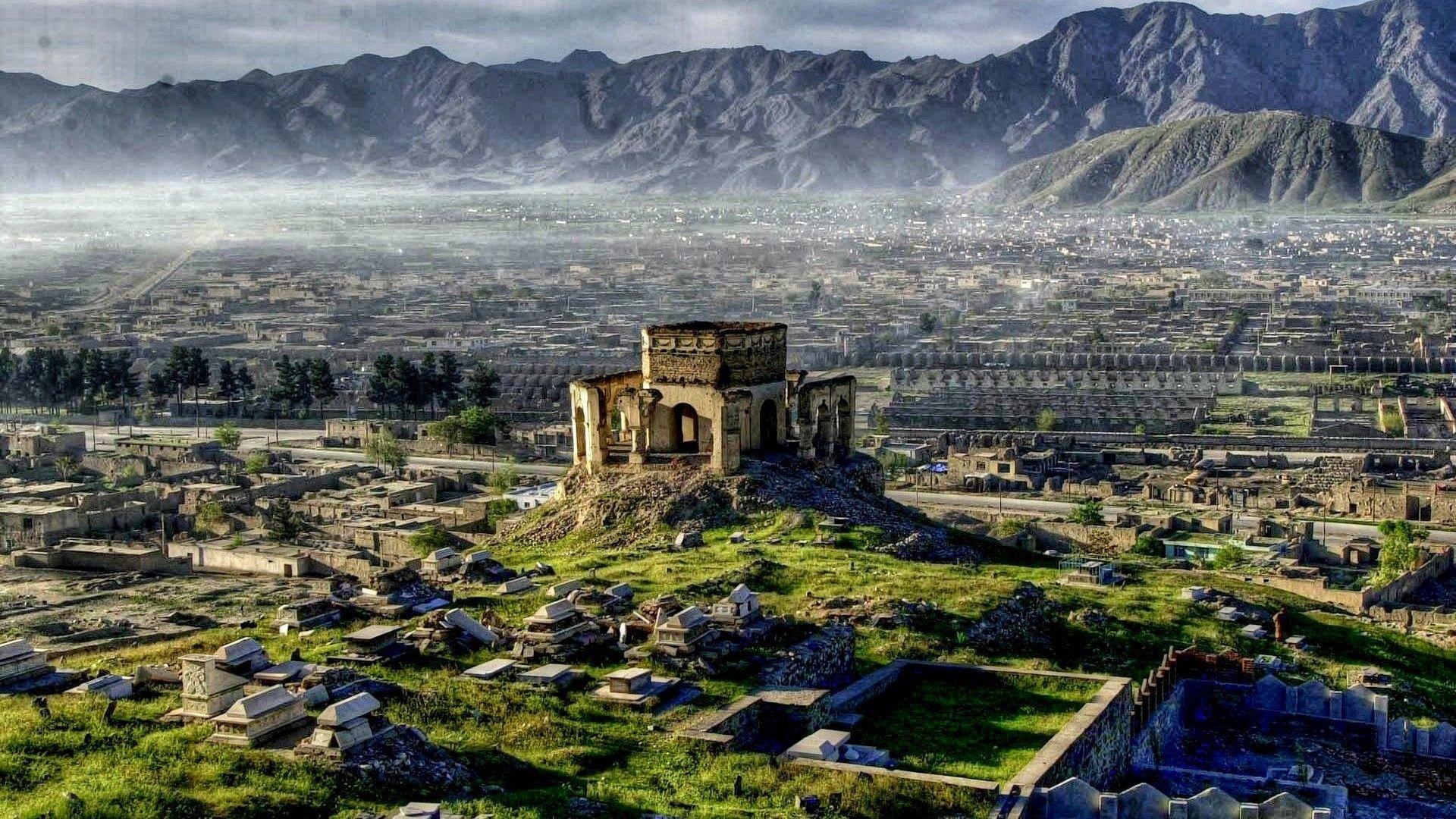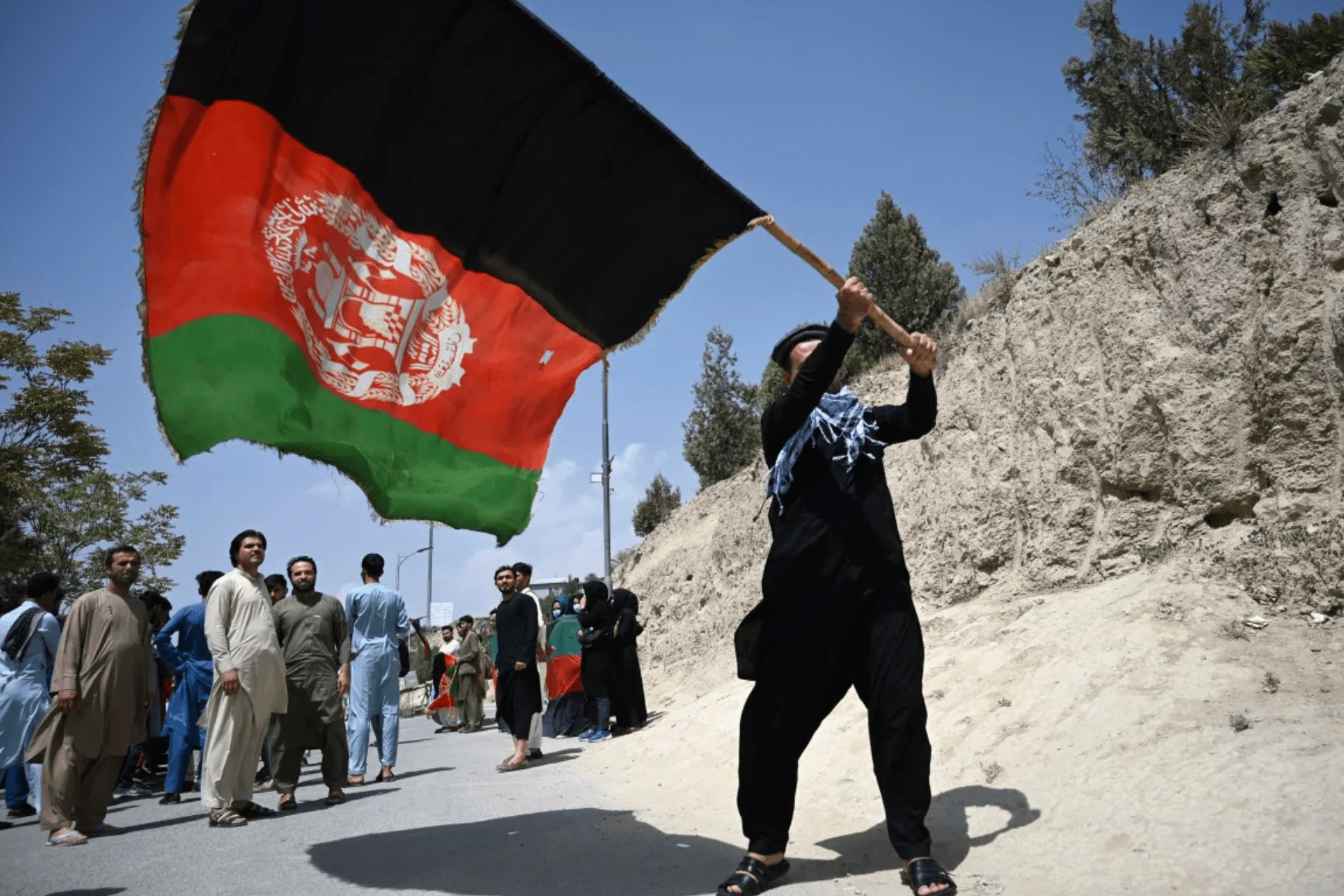Erdogan is buying oil from ISIS

The sale of oil products by ISIS accumulates about $500 million/year. ISIS began taking up oil fields in late spring 2014. Since then, ISIS has enlarged its operations by creating a loosely consolidated and flourishing economy, consisting of about sixty percent of Syria’s oil assets and seven oil-producing amenities in Iraq.
ISIS has found out an in-depth network of intermediaries in neighbouring territories and countries, with the aim of trading petroleum for cash and in a similar way.
The US-led multinational coalition has pledged to destroy ISIS, and its primary strategy includes depriving ISIS of monetary support.
Allegations abound that Turkey is engaged in oil trade with ISIS. Turkey’s approach and policies towards the Islamic State in Iraq and Syria (ISIS, also mentioned as the Islamic State and sometimes referred to as ISIL, IS, and Daesh), one among history’s most dreaded and violent terrorist groups, are under the spotlight.
The Turkish government has been accused time and again of conniving, covertly providing financial and military support or a minimum of tolerating ISIS.
Official statements, documents, witness testimonies, relevant research and reporting from the sector by well-regarded institutions and media organization laid bare the naked truth that without the support of the Turkey President Recep Tayyip Erdoğan, the clientele for ISIS oil would be limited and hence the revenue it generated to fuel the conflict would be less.
The most damning revelations of the Erdoğan government and, therefore, the ISIS oil industry came from Russia, which is now working with Turkey in neutralizing the jihadist threat in Syria’s north. After a Russian warplane was shot down on the Turkish-Syrian border by a Turkish F-16 on November 24, 2015, Moscow broadcast these claims at the very best pitch possible. Russian President Putin directly accused Turkey, particularly Turkish President Erdoğan and his family, of getting commercial ties with ISIS and help sell its oil.
This allegation wasn't new, nor was it an empty one. The Erdoğan regime’s leniency towards ISIS, especially within the sort of loose border controls for the passage of jihadists to hitch ISIS from around the world, was already generating colossal criticism. Russian claims that the Turkish Islamist autocrat was aiding and abetting ISIS terrorism by facilitating the oil trade through a network of cronies, involving especially some relations, were new. And that they were severe. Needless to say, these assertions stirred significant reactions and sparked a flow of data from the sector that provided more details concerning ISIS’s oil industry.
At a press conference in Moscow, Defense Ministry officials uncovered satellite images that said they showed oil-filled pillars at ISIS-controlled Syria and Iraq facilities and then crossed the border into neighbouring Turkey.
The officials didn't specify what evidence that they had of the involvement of Erdogan and his family, an allegation that the Turkish president has vehemently denied.
Chief of the most Operational Directorate of the Russian staff Col. Gen. Sergei Rudskoy also as Director of the National Defense Management Center Gen. Mikhail Mezentse attended an equivalent news conference. Rudskoy explained in detail how this "stolen oil" was being transported to Turkey. Consistent with the knowledge he offered, there have been three ways, the primary of which led to the Batman petroleum refinery within the east; the second to the seaport city of İskenderun through Aleppo; and therefore the third to the Zakho region in northern Iraq. A day 8,000 tankers and a couple of,000 barrels entered Turkey for delivery to a military-controlled area in Silopi.
Gen. Rudskoy didn’t mince words when he mentioned that a corporation belonging to Erdoğan’s son was directly involved during this shady and dirty business. “According to our reliable intelligence data, Turkey has been completing such operations for an extended period and daily. And most significantly, it doesn't decide to stop them,” he said.
The ministry also claimed that the equivalent criminal networks that smuggled oil from the Islamic State-controlled area to Turkey also provided weapons, equipment, and training to the militant group.
Officials said that the Russian air force's bombing campaign had made a big dent in Islamic State's ability to supply, refine and sell oil.
Erdogan, a week ago, denied that Turkey obtains oil from anything other than genuine sources. He has said Ankara is finding a way to stop the pirating of fuel, and he tested any individual who blamed his legislature for working together with Islamic State to demonstrate their claims.
More evidence continues to return to light with the confessions of ISIS captives who tell of the lucrative business the militant group conducted with Turkey while officials looked the opposite way or, in some cases, helped meet ISIS demands on a quid pro quo basis.
Can this evidence be overlooked?
- 2020 Jan - 12







